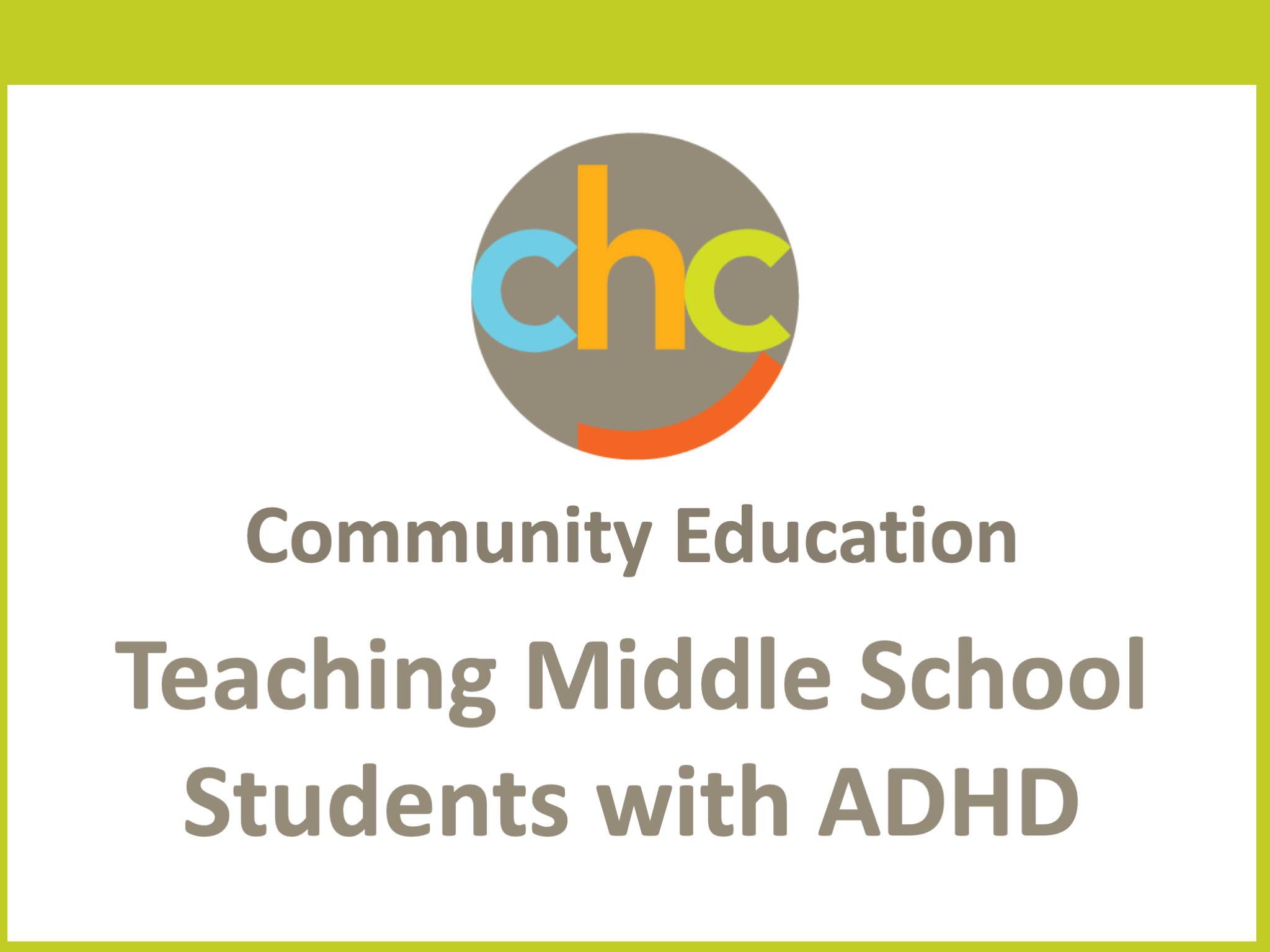 The intrinsic motivation to learn about the world around us begins in infancy. This type of motivation can either be encouraged or suppressed by the experiences adults provide for children. Psychological research points to a set of promising approaches that parents and practitioners can use to promote positive motivation and learning during development.
The intrinsic motivation to learn about the world around us begins in infancy. This type of motivation can either be encouraged or suppressed by the experiences adults provide for children. Psychological research points to a set of promising approaches that parents and practitioners can use to promote positive motivation and learning during development.
What’s the best way to motivate children? A short brief from Harvard University’s Center on the Developing Child explains what parent, caregivers, and teachers can do:
- Follow babies’ lead.
- Elicit curiosity.
- Encourage children’s playful exploration.
- Prioritize social interaction during learning.
- Challenge children just enough.
- Give children agency.
- Provide incentives only when necessary.
- Praise the process rather than the outcome.
- Maintain a close connection with adolescents.
Click each of the links above for additional details. For more in-depth information about the science of motivation, read “Working Paper 14: Understanding Motivation: Building the Brain Architecture That Supports Learning, Health, and Community Participation,” also from the Center on the Developing Child.
Source: Center on the Developing Child | How to Motivate Children: Science-Based Approaches for Parents, Caregivers, and Teachers, https://developingchild.harvard.edu/resources/how-to-motivate-children-science-based-approaches-for-parents-caregivers-and-teachers |© 2019 Center on the Developing Child
To schedule an evaluation or to get advice about your child’s challenges, call or email a CHC Care Coordinator at 650.688.3625 or careteam@testing.chconline.org





